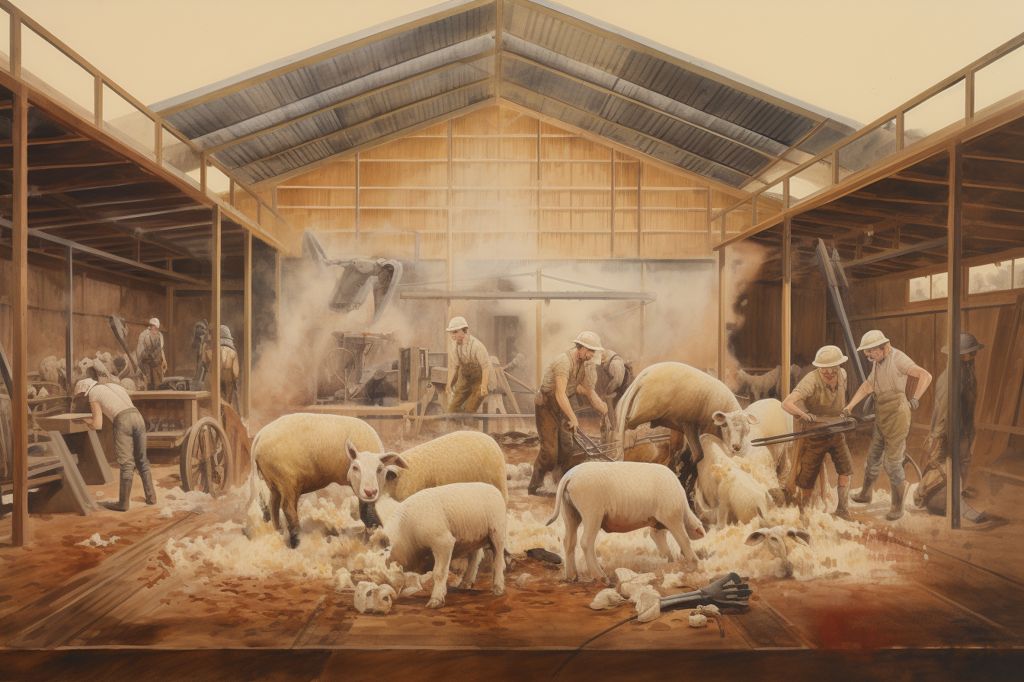Rural Development and Agrarian Reform (DRDAR) MEC Nonkqubela Pieters recently handed over a shearing shed and dipping tank worth R1.4 million to the Upper Mkapusi Wool Growers Association in the Emalahleni Local Municipality. The initiative is part of DRDAR’s commitment to commercialize communal and emerging farmers, provide infrastructure, and create jobs to improve business enterprises income.
Mkapusi Association’s Journey
The Mkapusi Association was formed in 1988 by 12 progressive sheep farmers, an outcome of a dedicated extension officer’s initiative. Before DRDAR’s intervention, the farmers carried out shearing individually and sold wool at lower prices. However, after the initiative, they collectively engaged in various wool production processes and rotated homesteads for sheep shearing.
The farmers built a shearing structure in 1992, using locally available materials like stones, soil, and funds from their pockets for the roofing. After DRDAR’s intervention, their application for the shed and dipping tank was approved, and construction was completed in September 2021.
DRDAR’s Investment in Agricultural Support
DRDAR invested approximately R3 million between 2017/18 and 2022/23 in various areas such as drought relief, infrastructure, spring water protection at Bangindlala (which created 90 jobs), livestock improvement, and household gardens.
Empowering the Community
The association’s 60 members, including 22 females, two young females, two disabled, and 34 males, have officially received the keys to the shed. With a flock of 2196 sheep, they produced around 35 bales valued at R419,000. The shearing season has created 13 job opportunities for the local youth, consisting of 10 sheep shearers, two wool classers and sorters, and a wool scale reader.
A New Chapter in the Eastern Cape’s Agricultural Sector
The event, held at the Upper Mkapusi shearing shed on July 25th, 2023, marks a new chapter in the Eastern Cape’s agricultural sector. The DRDAR’s assistance to the farming community is a prime example of how sustained government support can transform the lives of communal farmers and contribute to the region’s economic growth.
The success of this initiative demonstrates the importance of combining resources, expertise, and dedication to uplift marginalized communities and enhance overall prosperity. With continued support from DRDAR and other stakeholders, it is evident that the future holds immense potential for the Eastern Cape’s communal farmers. The Mkapusi Association’s journey over the past three decades serves as an inspiration for other farming communities striving to grow and improve their livelihoods.








